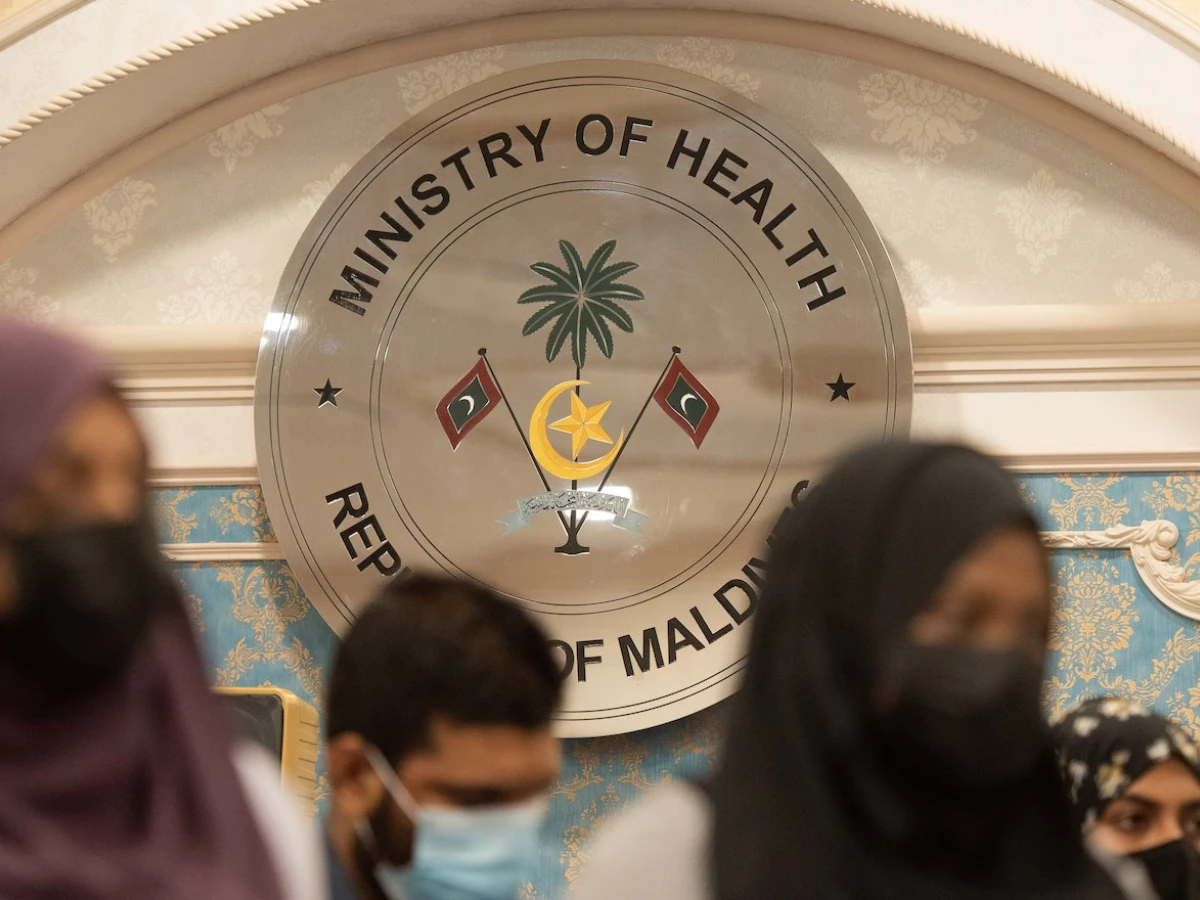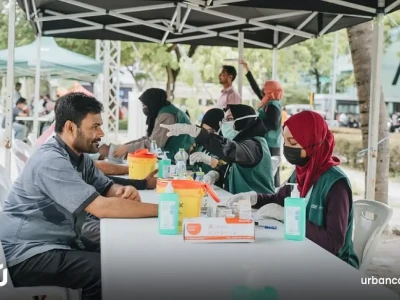
Maldives scrambles to contact trace after Meningococcal case
Although untreated cases can be fatal, vaccination offers effective prevention.
Top Stories
The Health Protection Agency (HPA) has confirmed a case of meningococcal infection in the Maldives on Tuesday. In response, HPA has swiftly launched contact tracing efforts to identify and notify individuals who may have been exposed to the bacteria.
HPA late Tuesday confirmed that person positive for the disease was a returning Hajj pilgrim.
The agency urged unvaccinated pilgrims who returned from Hajj to consult a doctor immediately if presented with symptoms.
Case Confirmation: The HPA confirmed the presence of meningococcal disease in the country.
Contact Tracing: HPA is actively tracing close contacts of the infected individual to prevent further spread.
Vaccination Measures: Those identified through contact tracing will be advised on necessary preventive measures, including vaccination.
Meningococcal disease, caused by the bacterium Neisseria meningitidis, is a severe bacterial infection. It can result in meningitis (an inflammation of the brain and spinal cord) or meningococcal septicemia (a serious blood infection).
It spreads from person-to-person by coughing or coming into close or lengthy contact with someone who is sick or who carries the bacteria. Although untreated cases can be fatal, vaccination offers effective prevention.
Maldives has a national immunisation program that includes meningococcal meningitis vaccines.
It's recommended for travellers to some destinations, and those travelling to Saudi Arabia for the Hajj or Umrah pilgrimages must show proof of vaccination.




